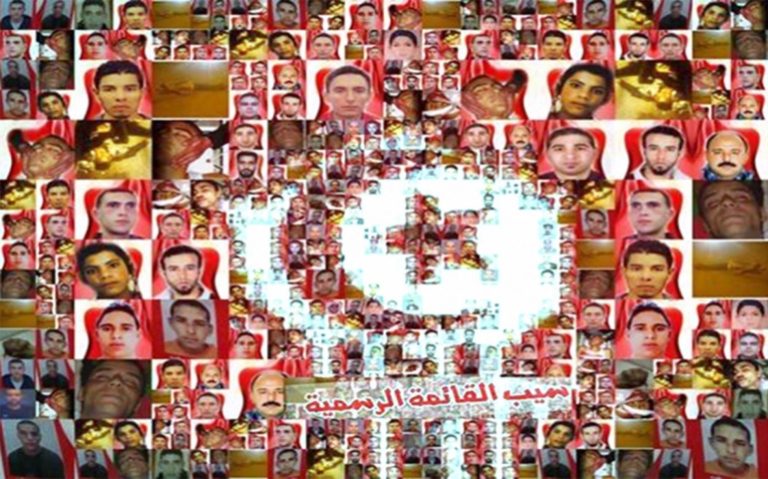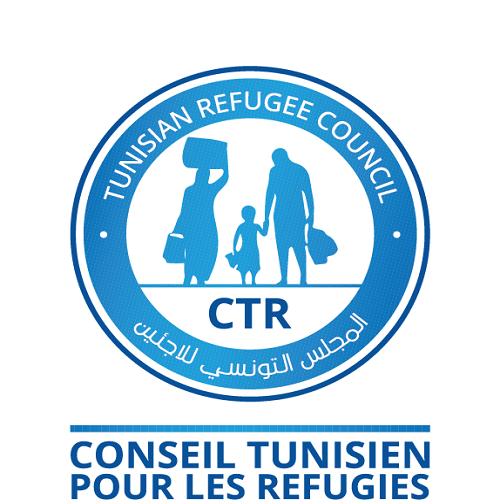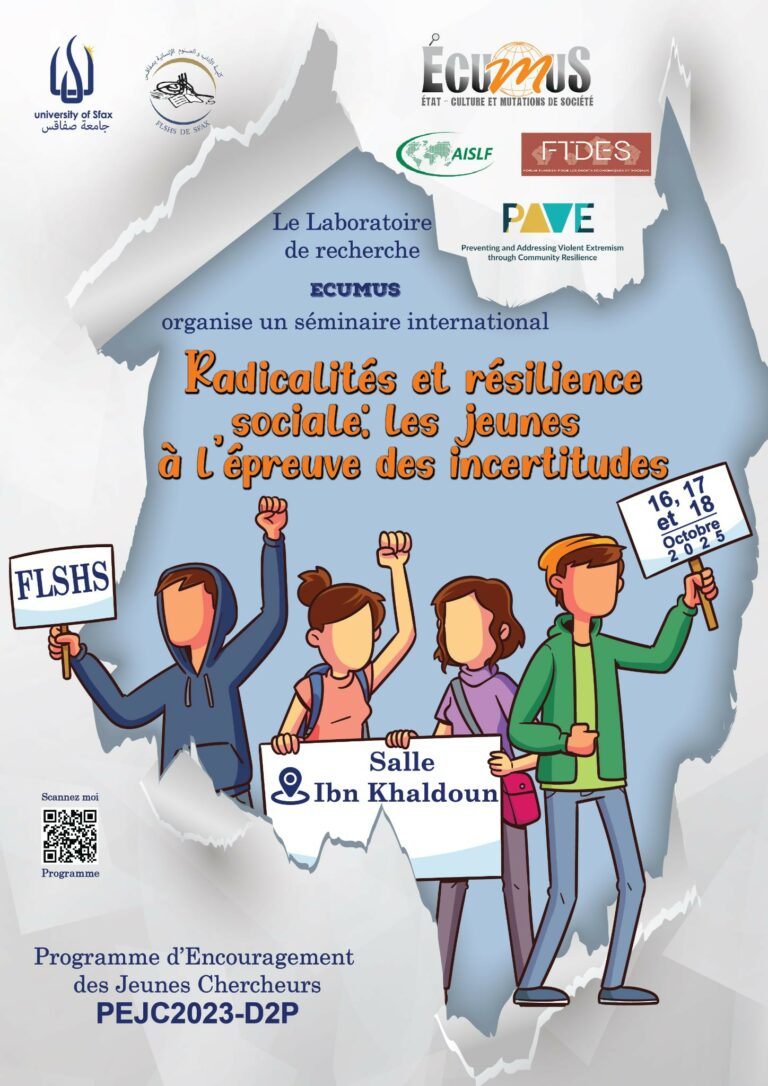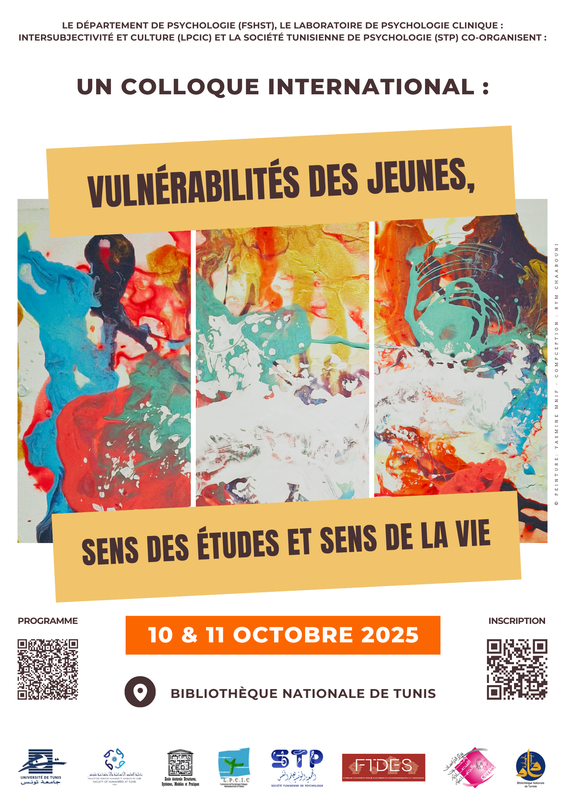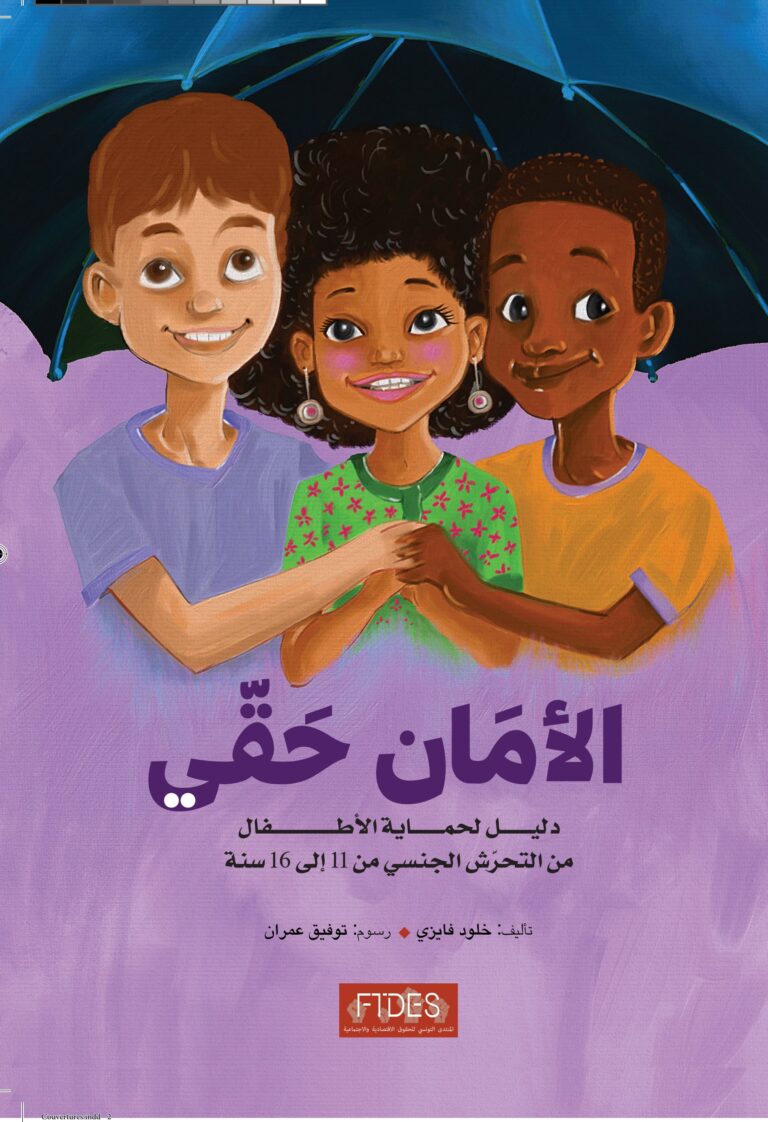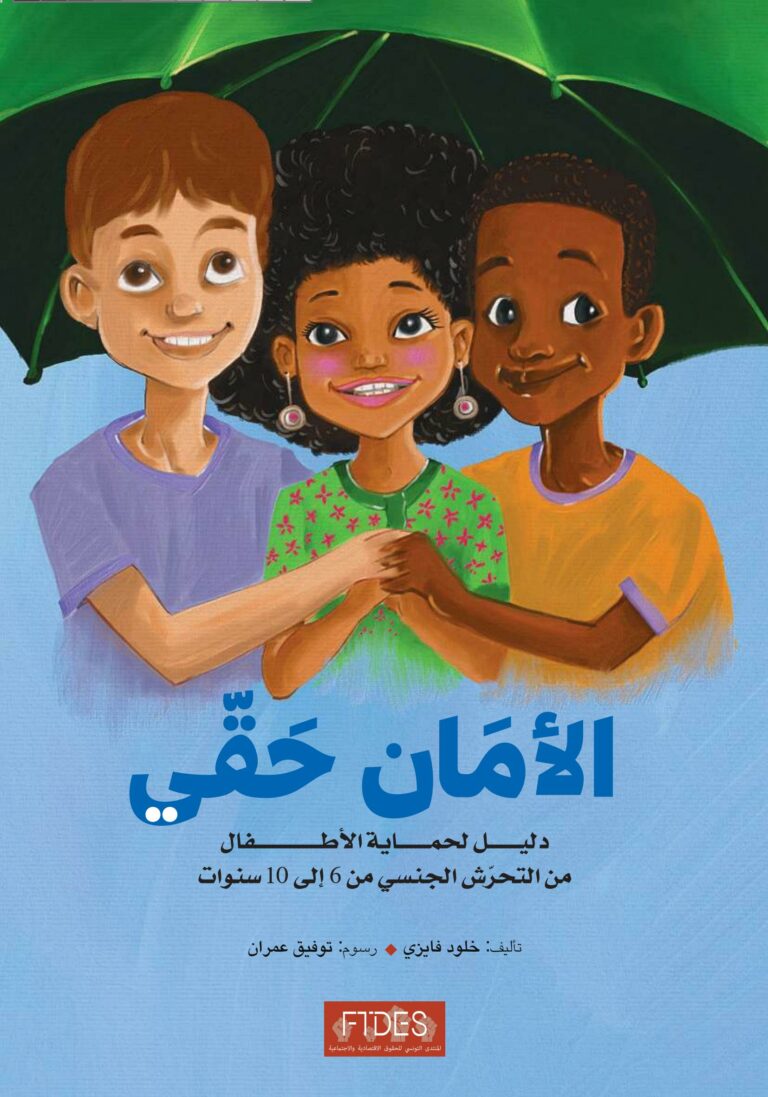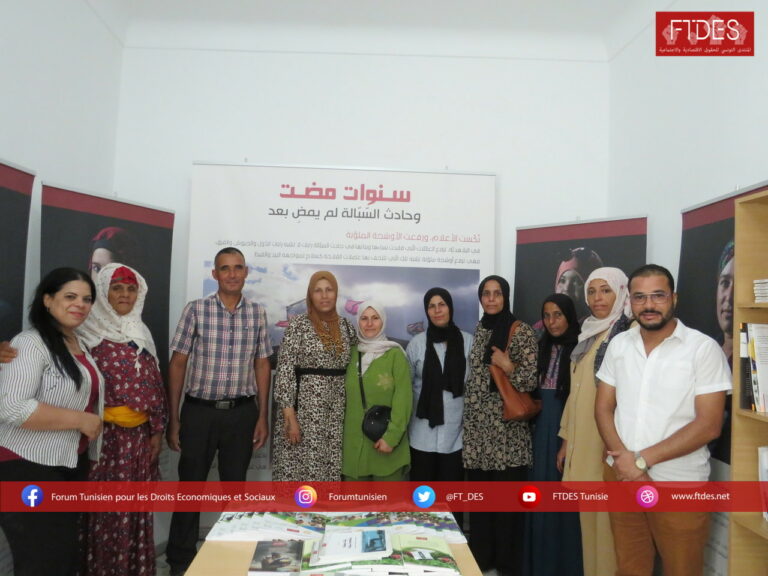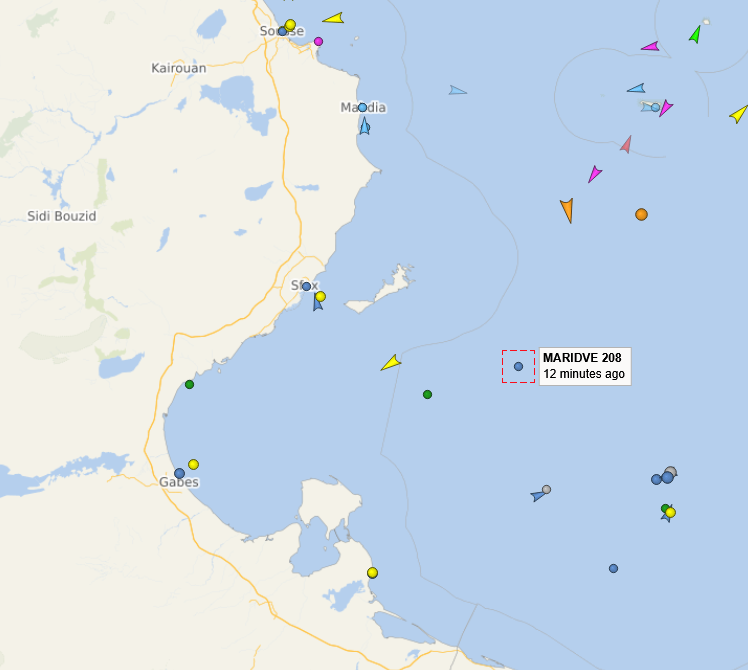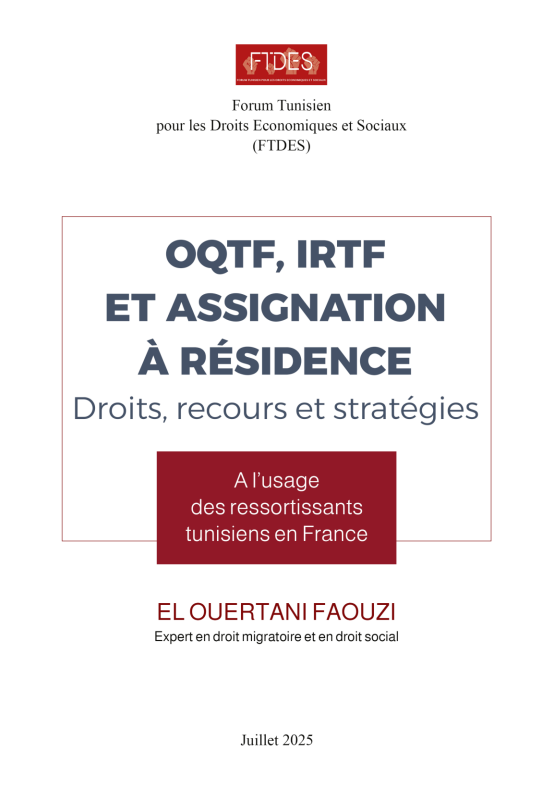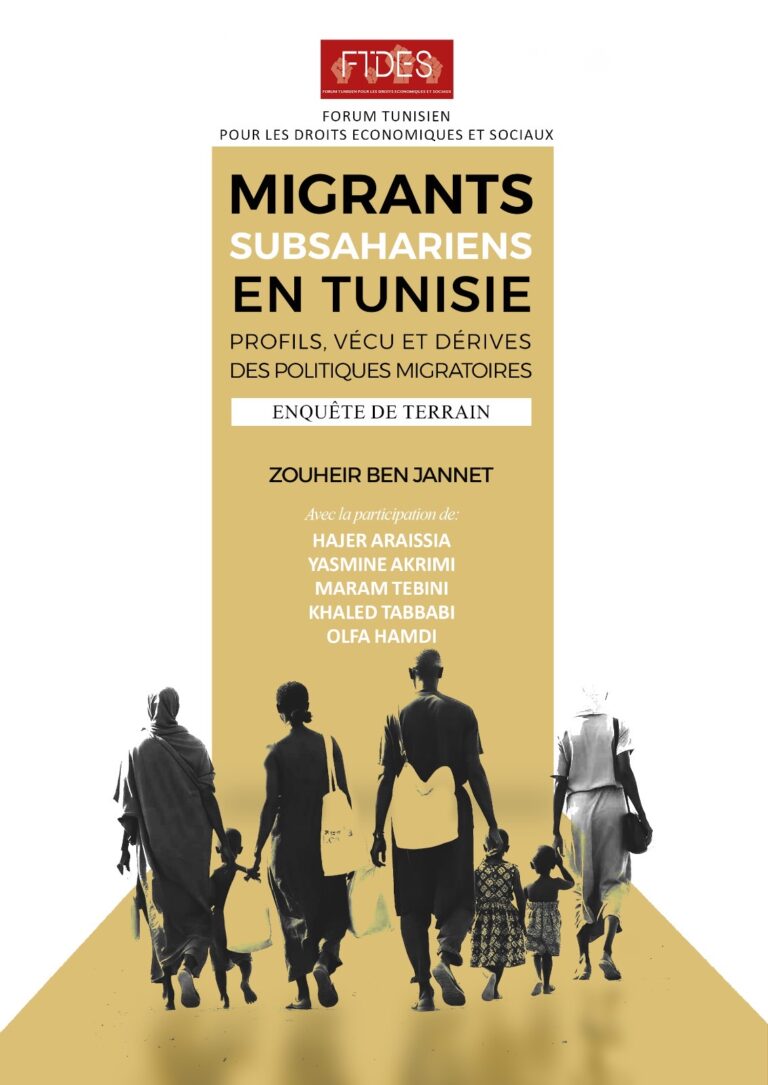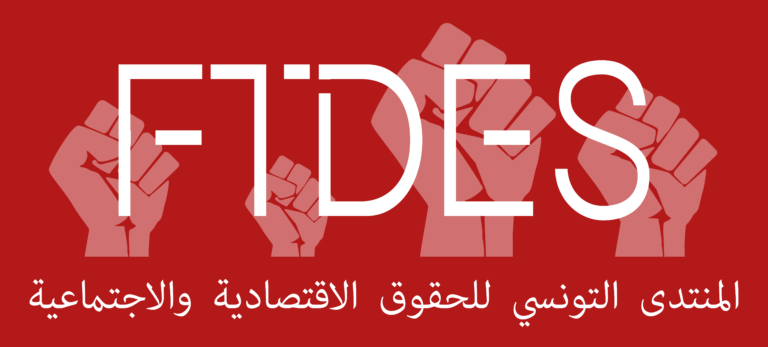A la une
Derniers articles
Support for the Tunisian Council for Refugees and Civil Activists — Against the Criminalization of Civil Action
Support for the Tunisian Council for Refugees and Civil Activists — Against the Criminalization of Civil Action
On Thursday, October 16, the 44th Criminal Chamber of the Court of First Instance in Tunis will hold the first judicial hearing in the case concerning the criminalization of civil action in solidarity with refugees.
Mr. Mustapha Jemmali, President of the Tunisian Council for Refugees, and Mr. Abdelrazak Krimi, Project Manager of the Association, have been in custody since May 3, while four other activists have been released on bail. They are charged under with:
“Forming a group with the purpose of advising, facilitating, assisting, or mediating, by any means, the clandestine entry of persons into Tunisian territory and providing them shelter.”
According to the investigation reports and the decision to close the inquiry, no financial crimes or suspicions of corruption were proven. The charges are limited to solidarity and humanitarian activities in support of refugees and asylum seekers in Tunisia, following a public call for tenders published in the national press to provide shelter for refugees in vulnerable situations, in full compliance with transparency standards and national legal provisions.
This case highlights the urgent need for the Tunisian state to respect its international obligations in the field of refugee protection — particularly the provision of basic humanitarian services, including temporary shelter for vulnerable groups — in accordance with the international conventions it has ratified, including:
- The 1951 Geneva Convention Relating to the Status of Refugees and its 1967 Protocol
- The 1954 Convention Relating to the Status of Stateless Persons
- The 1961 Convention on the Reduction of Statelessness
- The 1969 Organization of African Unity (OAU) Convention Governing the Specific Aspects of Refugee Problems in Africa
- A partnership agreement with the Ministry of Social Affairs (December 26, 2019) to promote social services and raise awareness about asylum.
- An agreement with the Ministry of Women, Family, Children, and Seniors (December 30, 2019) to strengthen cooperation on asylum and social integration.
- A tripartite agreement with the Ministry of Social Affairs and the UNHCR (June 7, 2021) to develop educational programs for refugees in Tunisia.
- Expresses its full support for the Tunisian Council for Refugees and all activists involved in the case.
- Rejects the criminalization of humanitarian and solidarity work, which constitutes one of the essential pillars of civil society and a fundamental human duty.
- Calls on the Tunisian authorities to respect their international obligations in the field of refugee protection and to ensure that solidarity actions are not criminalized.
- Reaffirms the need to safeguard the freedom of civil society and to allow human rights and asylum organizations to operate freely and safely.
- Announces the organization of a solidarity rally on Thursday, October 16, at 9:00 a.m. in front of the Court of First Instance in Tunis, calling for an end to the criminalization of civil action.

